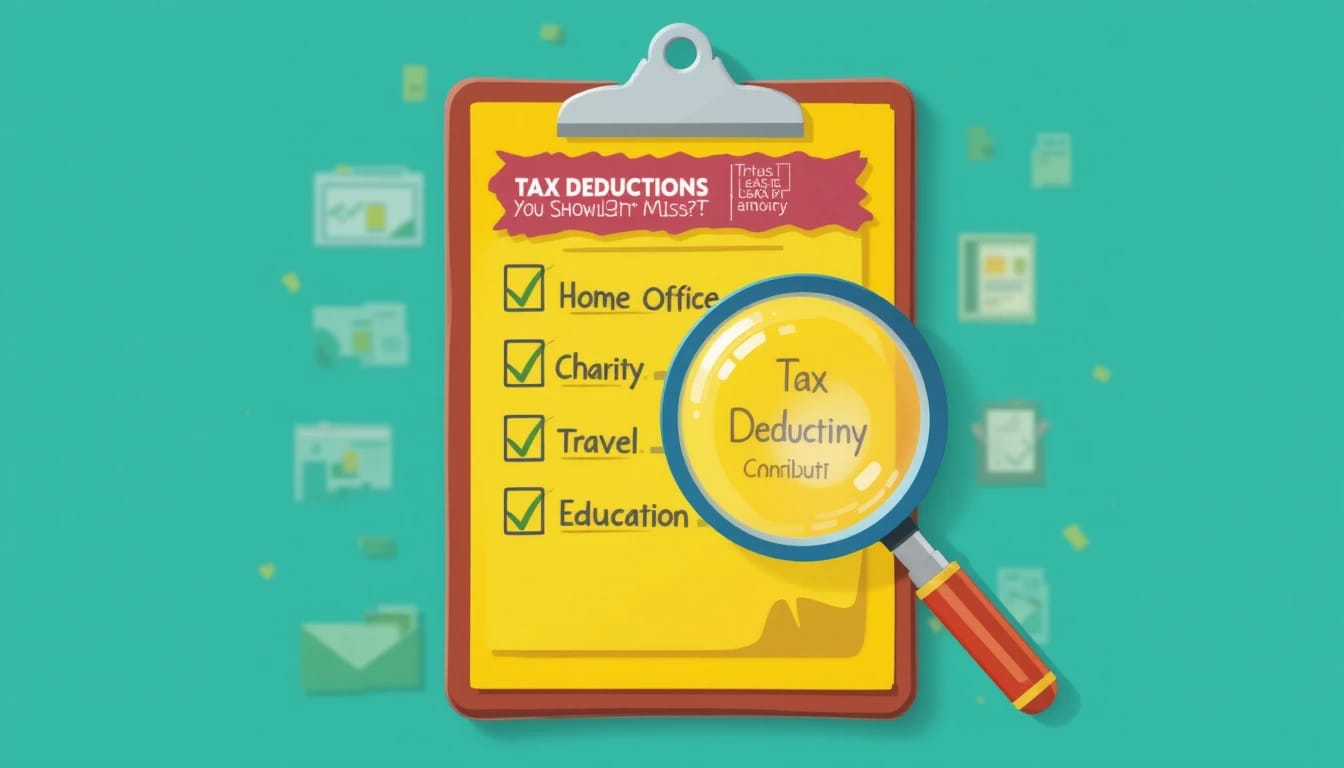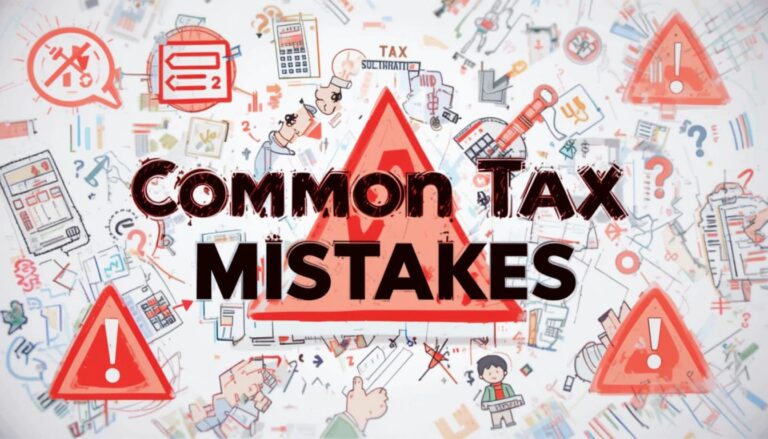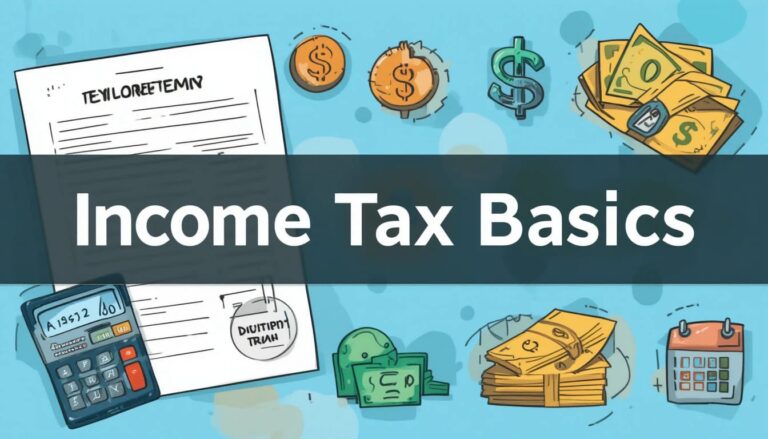Tax Deductions 2025: What You Can Claim to Lower Your Tax Bill
Tax deductions are one of the most powerful tools available to reduce your taxable income and potentially increase your refund. As we move into the 2025 tax year, it’s important to understand what deductions are available, what has changed, and how to maximize them. Whether you’re an employee, freelancer, or business owner, this guide covers key deductions you may be eligible for in 2025.
What Are Tax Deductions?
Tax deductions reduce the amount of income you’re taxed on. For example, if your gross income is $60,000 and you claim $10,000 in deductions, your taxable income drops to $50,000. The lower your taxable income, the less you may owe in taxes.
There are two types of deductions:
- Standard deduction – A fixed dollar amount based on your filing status
- Itemized deductions – Specific eligible expenses you list individually on your tax return
Standard Deduction Amounts for 2025
For the 2025 tax year, the standard deduction amounts are expected to be slightly higher due to inflation adjustments:
- Single: $14,000 (estimated)
- Married Filing Jointly: $28,000 (estimated)
- Head of Household: $20,800 (estimated)
If your itemized deductions are less than your standard deduction, you’re generally better off taking the standard deduction.
Popular Itemized Deductions for 2025
If you choose to itemize, here are some deductions that may apply:
- Medical and Dental Expenses
You can deduct unreimbursed medical expenses that exceed 7.5% of your adjusted gross income (AGI). This includes doctor visits, surgeries, prescriptions, and some dental or vision care. - Mortgage Interest
Homeowners can deduct interest paid on mortgages up to a certain limit. This applies to both primary residences and, in some cases, second homes. - State and Local Taxes (SALT)
You may deduct up to $10,000 ($5,000 if married filing separately) of combined property, income, or sales taxes paid to state and local governments. - Charitable Contributions
Donations to qualified charitable organizations are deductible. For 2025, cash contributions typically qualify for up to 60% of your AGI. - Investment Interest
If you borrowed money to invest, you may be able to deduct interest on those loans.
Above-the-Line Deductions (Adjustments to Income)
These deductions reduce your taxable income whether or not you itemize. Some important ones include:
- Student loan interest (up to $2,500)
- Educator expenses for teachers (up to $300 or $600 if both spouses are eligible educators)
- Traditional IRA contributions
- Health Savings Account (HSA) contributions
- Self-employment tax deduction
Business and Self-Employed Deductions
If you’re self-employed, you can deduct a variety of business-related expenses, such as:
- Home office expenses
- Internet and phone bills
- Business travel and meals
- Equipment and software
- Health insurance premiums
These deductions can significantly reduce your net income and tax liability.
New or Updated Deductions for 2025
Tax laws often change from year to year. For 2025, keep an eye on:
- Adjusted thresholds due to inflation
- Possible extensions or expirations of temporary pandemic-related tax relief
- Renewable energy tax incentives for home improvements or electric vehicle purchases
Always check with the IRS or a tax professional for the most up-to-date deduction eligibility.







